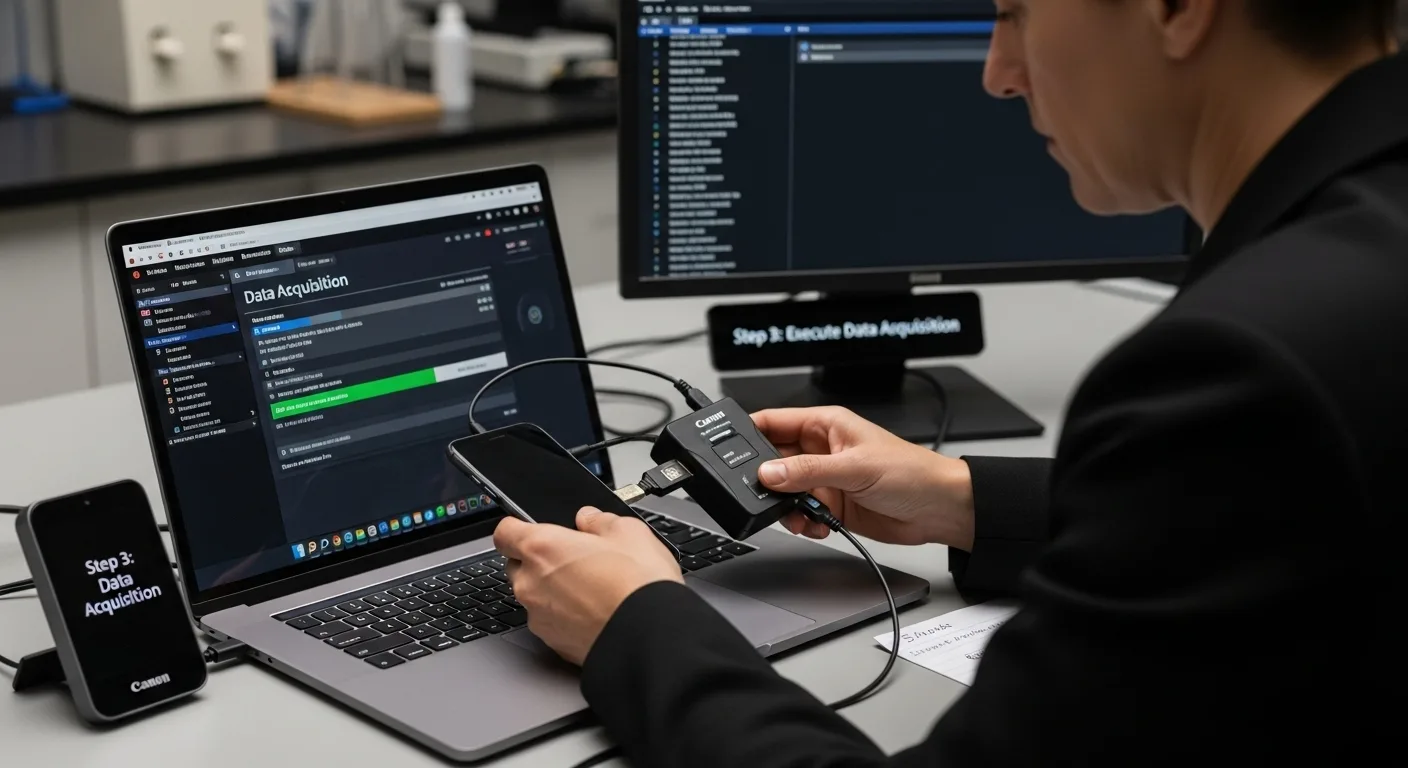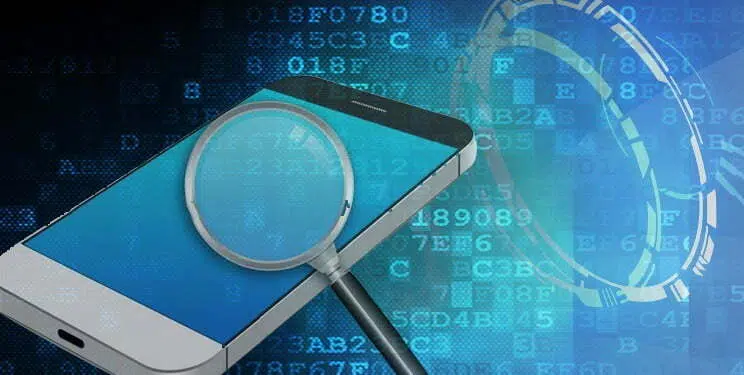Why mobile forensics is essential in investigations
Mobile forensics examinations are an essential part of any type of digital forensics investigations into criminal or civil cases in the UK. The significance of mobile forensics cannot be overstated, especially in today’s digital age where mobile devices are ubiquitous and often contain vital evidence that can make or break a case.
Nowadays, almost everyone owns a mobile phone, which in most cases is a smartphone. Smartphones are revolutionary and life-changing personal devices that we almost always carry with us. They are not just used for making and receiving phone calls or sending and receiving text messages; they have transformed into multifunctional tools. You can load applications that do virtually anything you can dream of—whether it’s social media, navigation, banking, or health tracking. Think of it, and there’s likely an app for it. These devices are almost as powerful as a laptop computer but in a smaller, palm-sized form factor with a super high-resolution screen. Among other functionalities, you can take high-resolution pictures that are packed with metadata such as time and location, which can be crucial in the investigation of a civil or criminal case. Mobile phones effectively function as intelligent human tracking devices, containing a treasure chest of digital evidence waiting to be captured and analysed. This capability makes mobile forensics not just beneficial but essential in modern investigations.
Furthermore, mobile forensics can delve into the realm of social media. Platforms such as Facebook, Twitter, and Instagram store a wealth of information that can be crucial in investigations. Posts, comments, and even deleted messages can be pivotal, and through forensic techniques, this data can often be recovered. The implications of this are particularly significant in cases involving harassment or defamation, where online interactions can be scrutinised to provide evidence of behaviour and intent.
In addition to the everyday functionalities of smartphones, they serve as a repository for personal data, including contacts, messages, emails, and social media interactions. Each of these data types can provide valuable insights into an individual’s activities and associations. For instance, the analysis of text messages may reveal connections between suspects in a criminal investigation or can provide a timeline of events leading up to an incident. Moreover, application data, such as location history from mapping apps or purchase history from shopping apps, can further substantiate claims made by individuals involved in legal disputes.
Mobile Forensics Challenges
However, extracting data from mobile phones is a specialist skill and is distinctly different from capturing data from hard drives and memory sticks. The challenges faced by computer forensics investigators are numerous and complex. With countless manufacturers producing a vast array of devices, the differences in operating systems—such as Android, iOS, and others—add layers of difficulty. Furthermore, physical damage to devices, water damage, encryption, and various forms of PIN/password locks present significant hurdles. Each of these factors can impede access to the critical data required for investigations, making expert knowledge in mobile forensics essential. Additionally, staying updated with the latest technological advancements and security measures employed by manufacturers is crucial for successful data extraction.
Another challenge in mobile forensics is dealing with different file systems and data storage solutions. For example, a forensic investigator may encounter data stored on the device itself, as well as in the cloud. This necessitates an understanding of how data is stored, accessed, and potentially deleted. In some cases, data may be automatically backed up to cloud services like Google Drive or iCloud, complicating the extraction process and requiring a comprehensive strategy to retrieve all relevant information.

Digital Forensics Lab technicians possess the equipment and expertise necessary to overcome these challenges in extracting data from all types of mobile phones. Our team is well-versed in the latest mobile forensics techniques and is capable of conducting a full mobile forensics digital evidence capture. This includes advanced methods such as logical and physical extraction, data recovery techniques, and the analysis of cloud-based storage linked to mobile devices. Our comprehensive approach allows us to gather evidence that is both reliable and admissible in court, ensuring that the integrity of the investigation is maintained.
The importance of employing the latest forensic tools cannot be overstated. Software such as Cellebrite and Oxygen Forensics offers advanced capabilities for data extraction and analysis, enabling technicians to access encrypted data and recover deleted items effectively. Continuous training and certification in these tools ensure that forensic experts remain at the forefront of the field, capable of tackling the evolving landscape of mobile technologies.
We can assist law enforcement, law firms, divorcing couples, private investigators, and criminal or civil case defence lawyers. Our expertise transforms massive heaps of collected data from a mobile device into a coherent and meaningful set of facts. By isolating the data of interest, we create easily digestible, visual representations of the extracted data. This clarity is vital in legal contexts, where the ability to present complex information succinctly can significantly influence outcomes. Furthermore, our services extend to providing expert testimony when required, ensuring that our findings are communicated effectively in court.
Furthermore, in cases involving divorce, mobile forensics can uncover hidden communications that may point to infidelity or financial misconduct. The ability to analyse call logs, messages, and even app usage can provide significant insights that may influence legal decisions. Our experience in handling sensitive matters ensures that we approach each case with the utmost confidentiality and professionalism.
Our services are not limited to just data extraction. We also provide comprehensive reporting that outlines methodologies, findings, and interpretations of the data recovered. This can include graphical representations of data relationships, timelines of events, and key points that may assist in building a legal case. For instance, a visual timeline can effectively illustrate the sequence of actions taken by an individual leading up to a significant event, making it easier for juries and judges to comprehend complex scenarios.
Additionally, we offer consultations to law firms and private investigators to strategise and outline the best approach for mobile forensics in their specific cases. We understand that each investigation is unique, and our commitment is to tailor our services to meet the individual needs of our clients. This collaborative approach helps maximise the potential for a successful outcome in any legal scenario.
